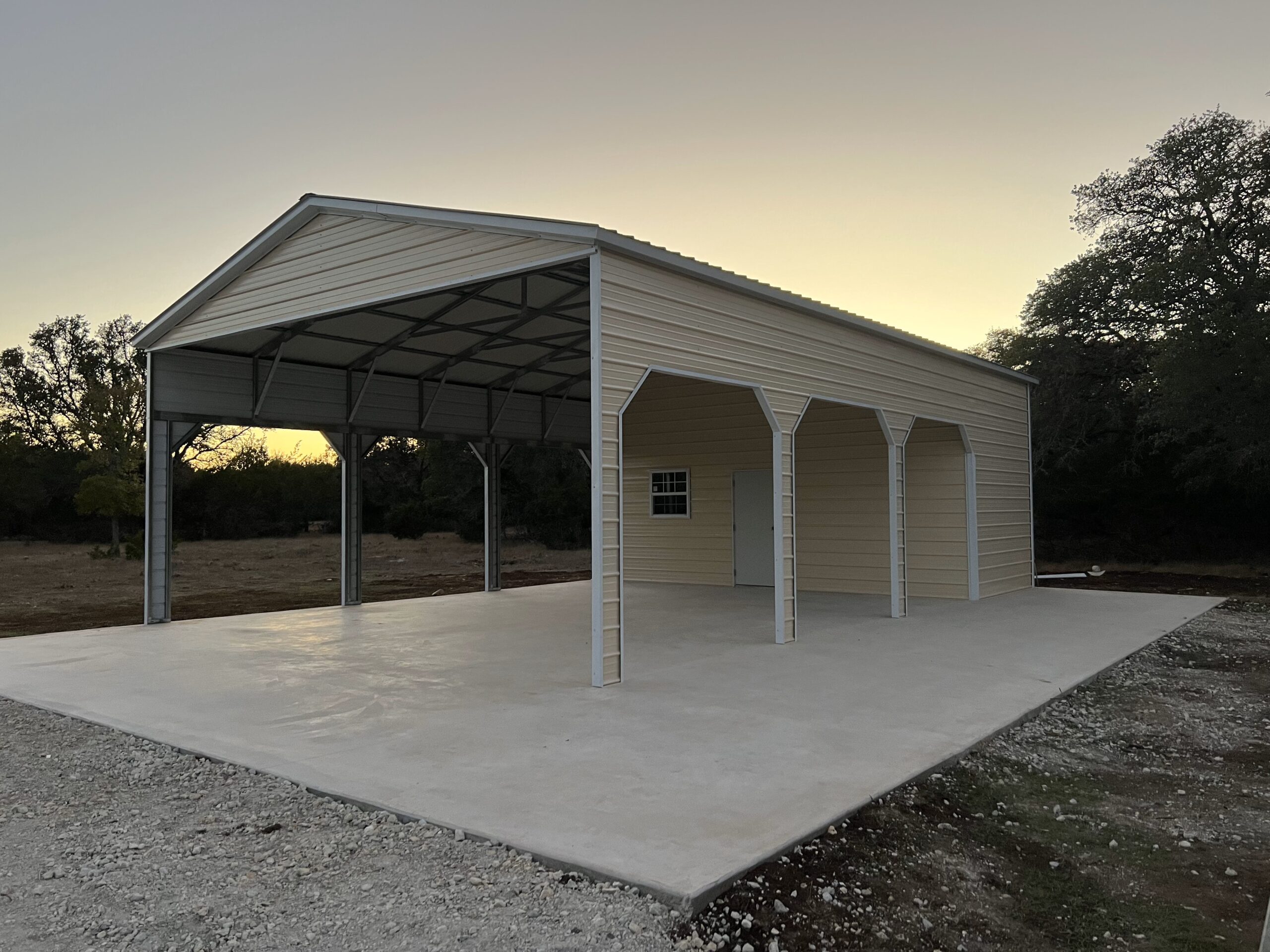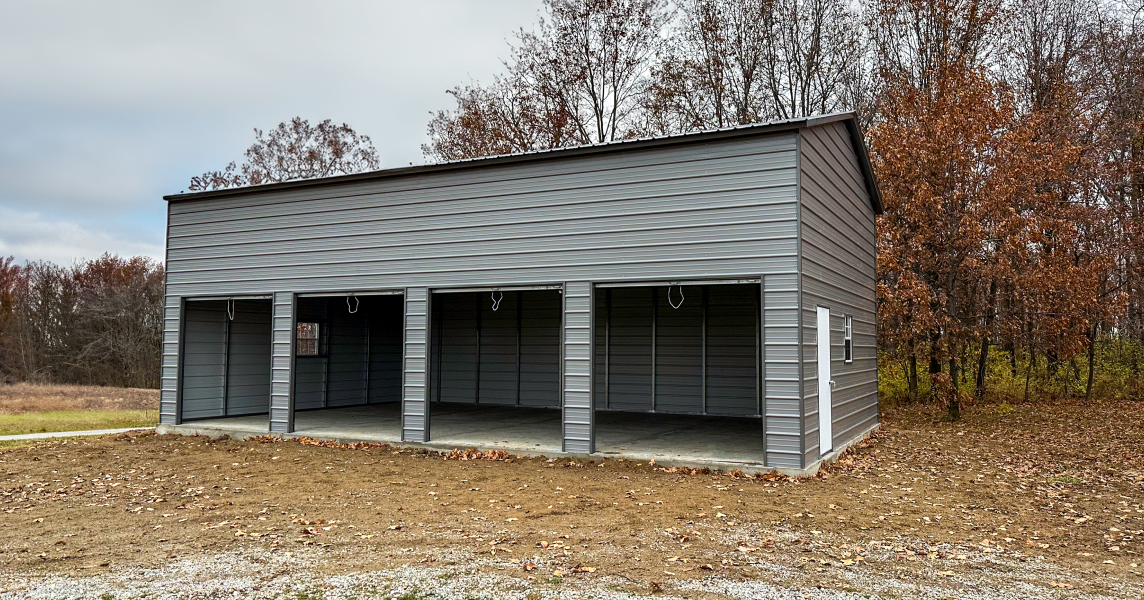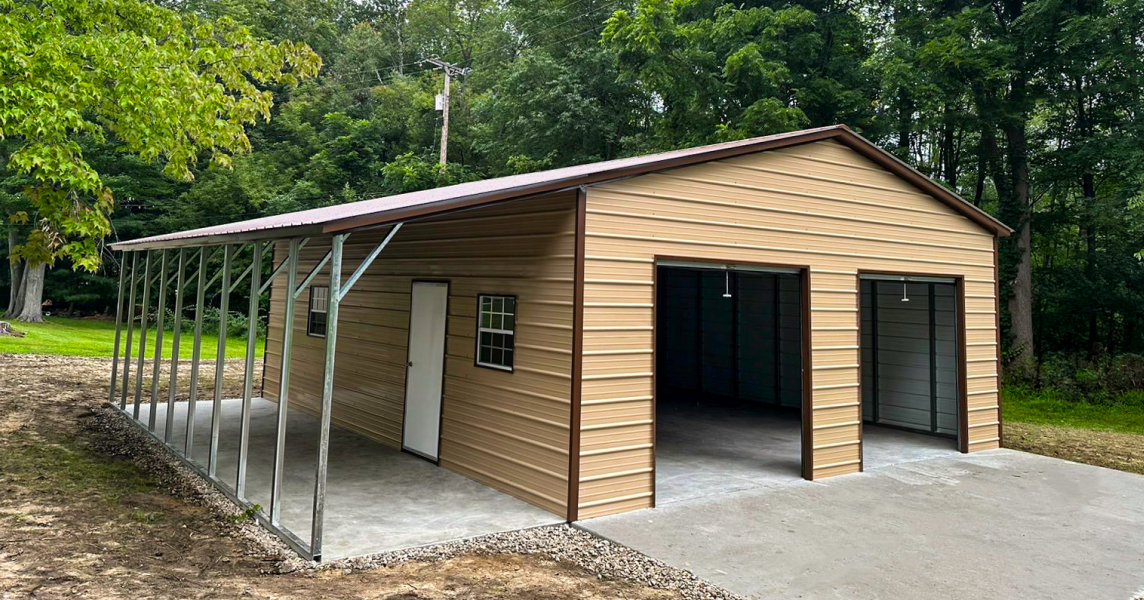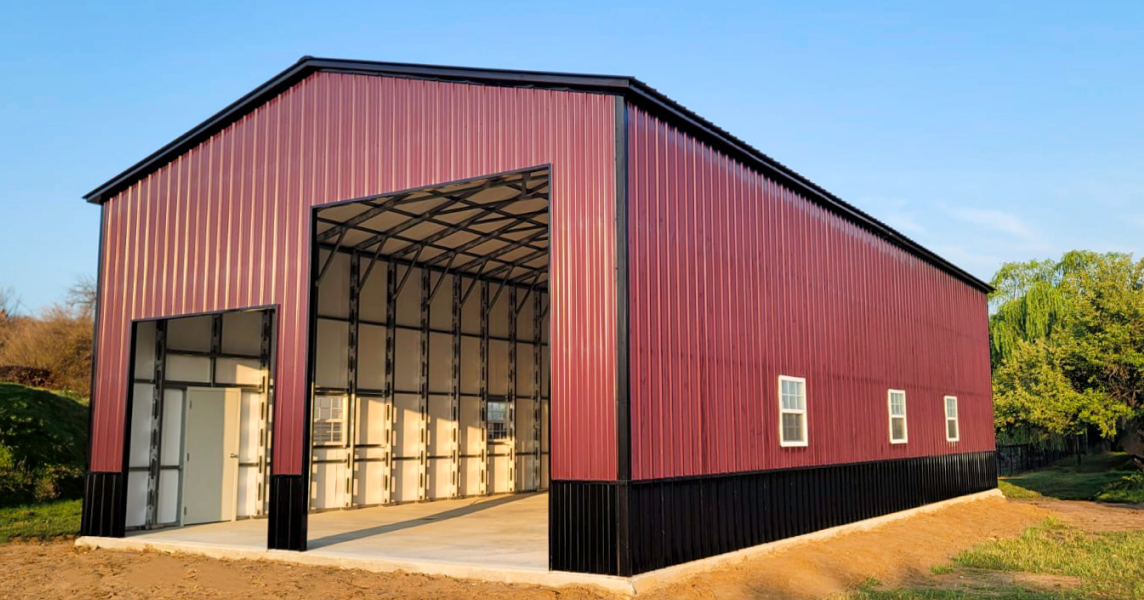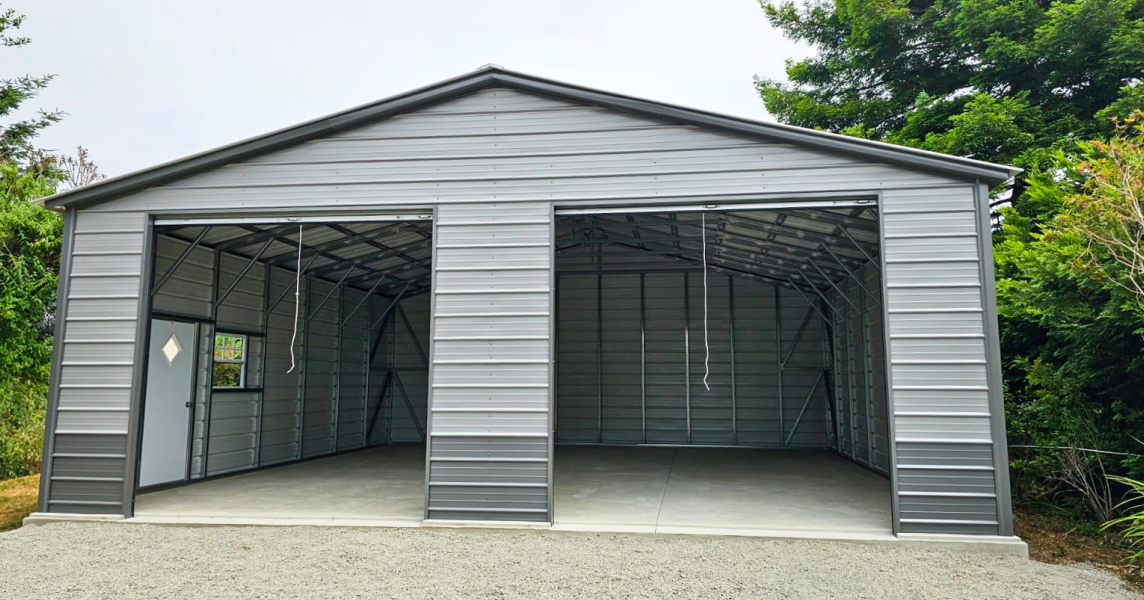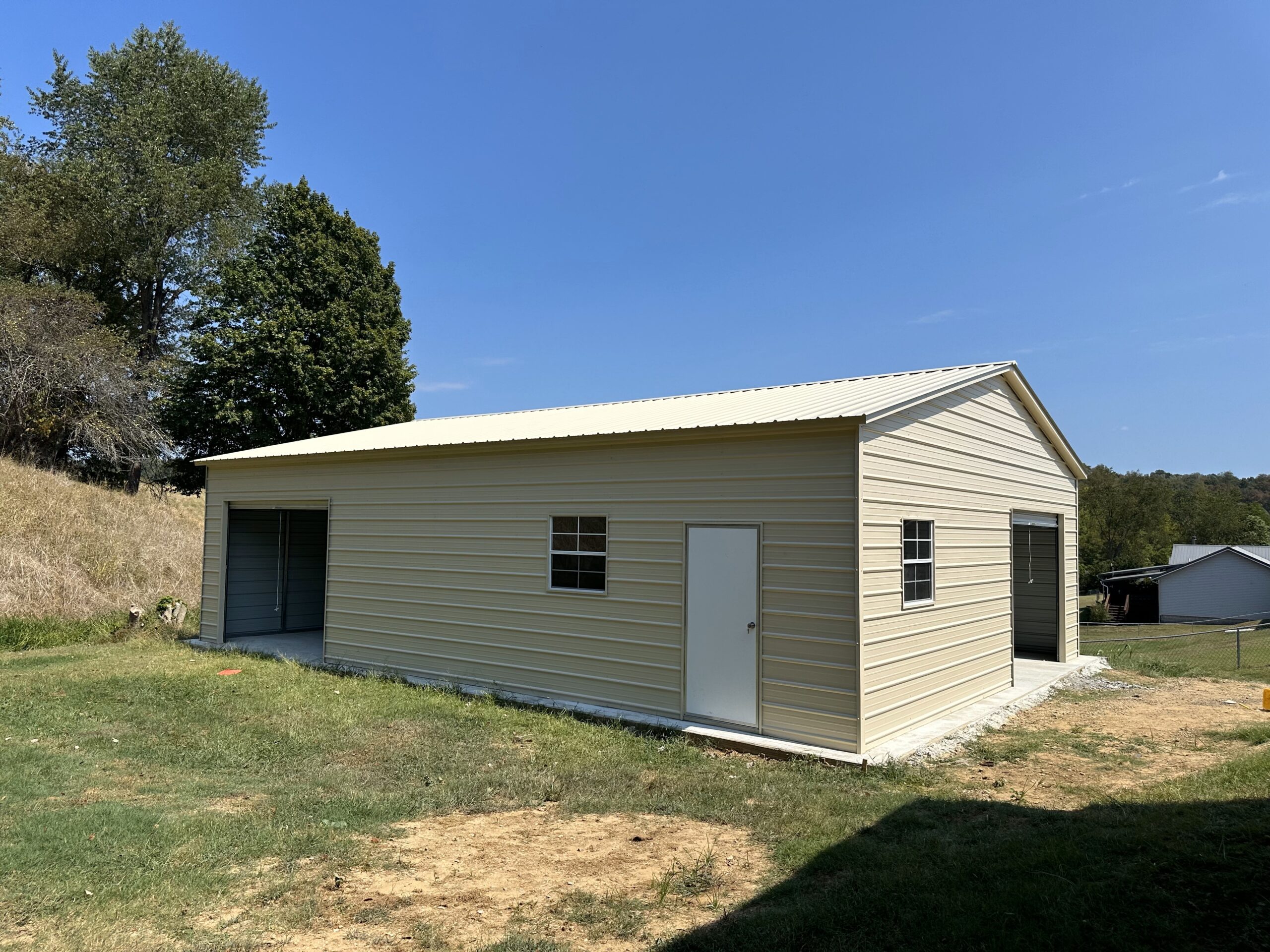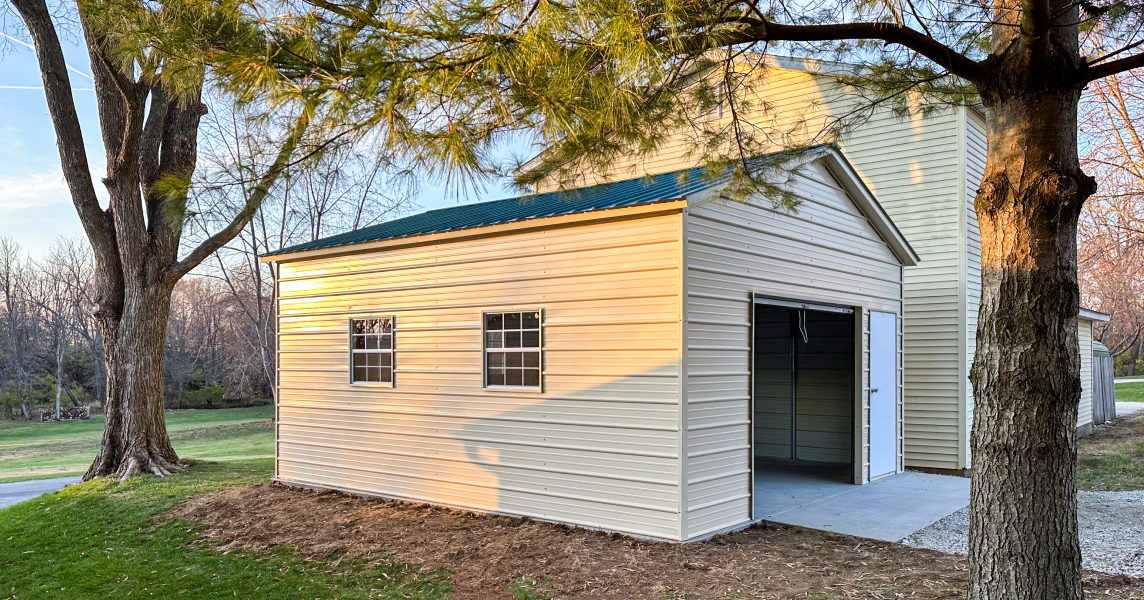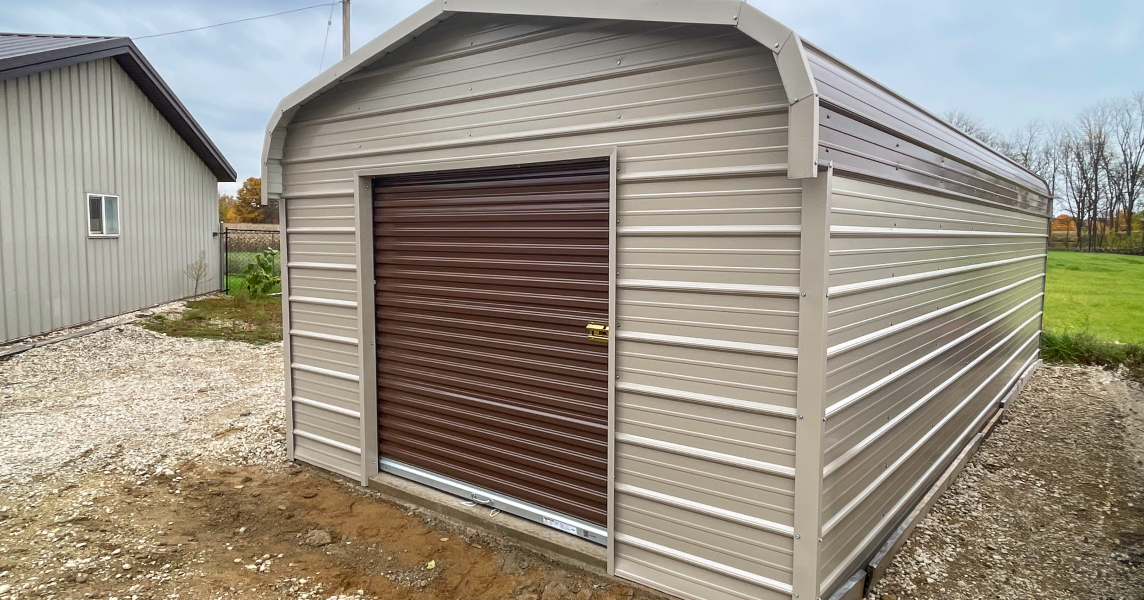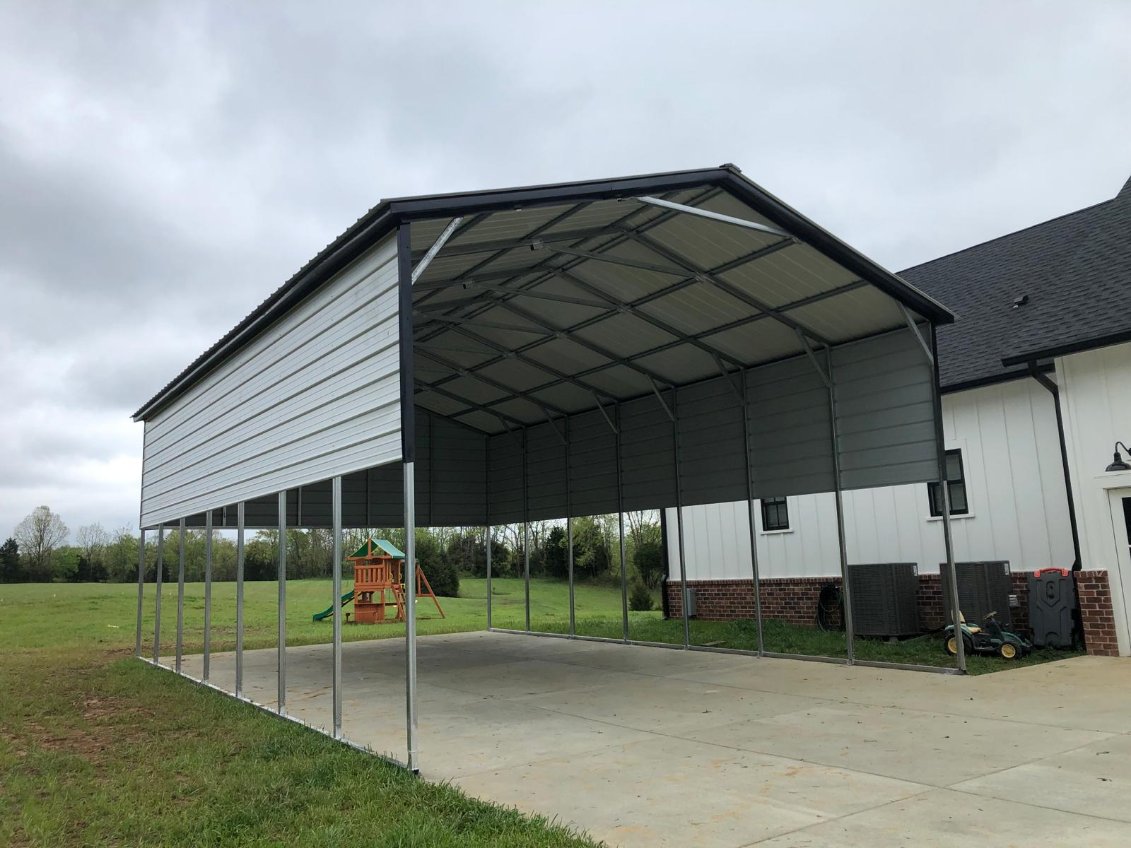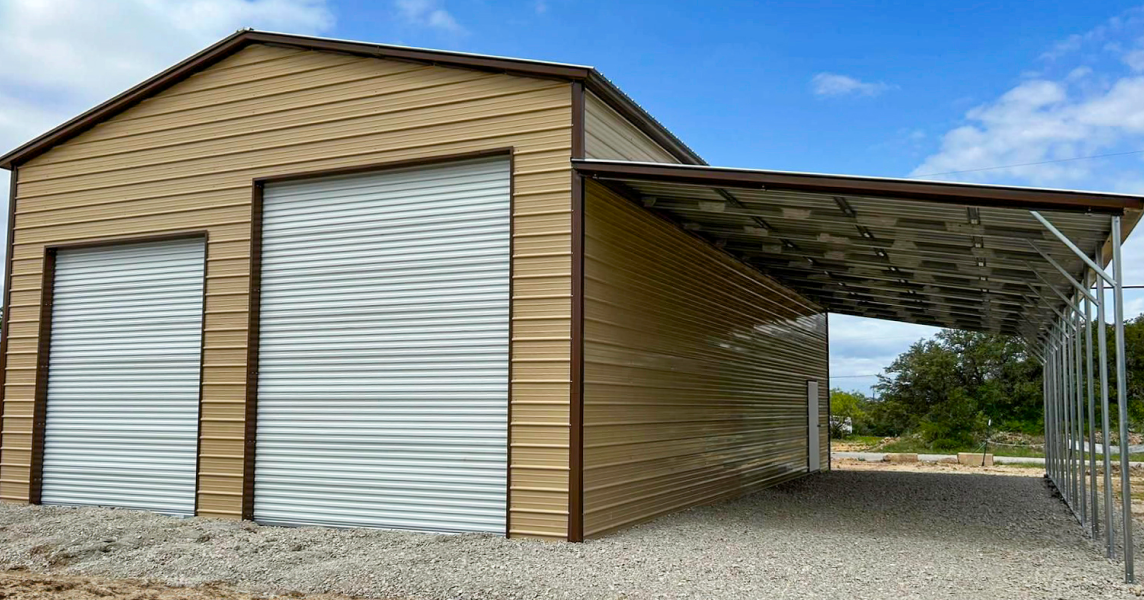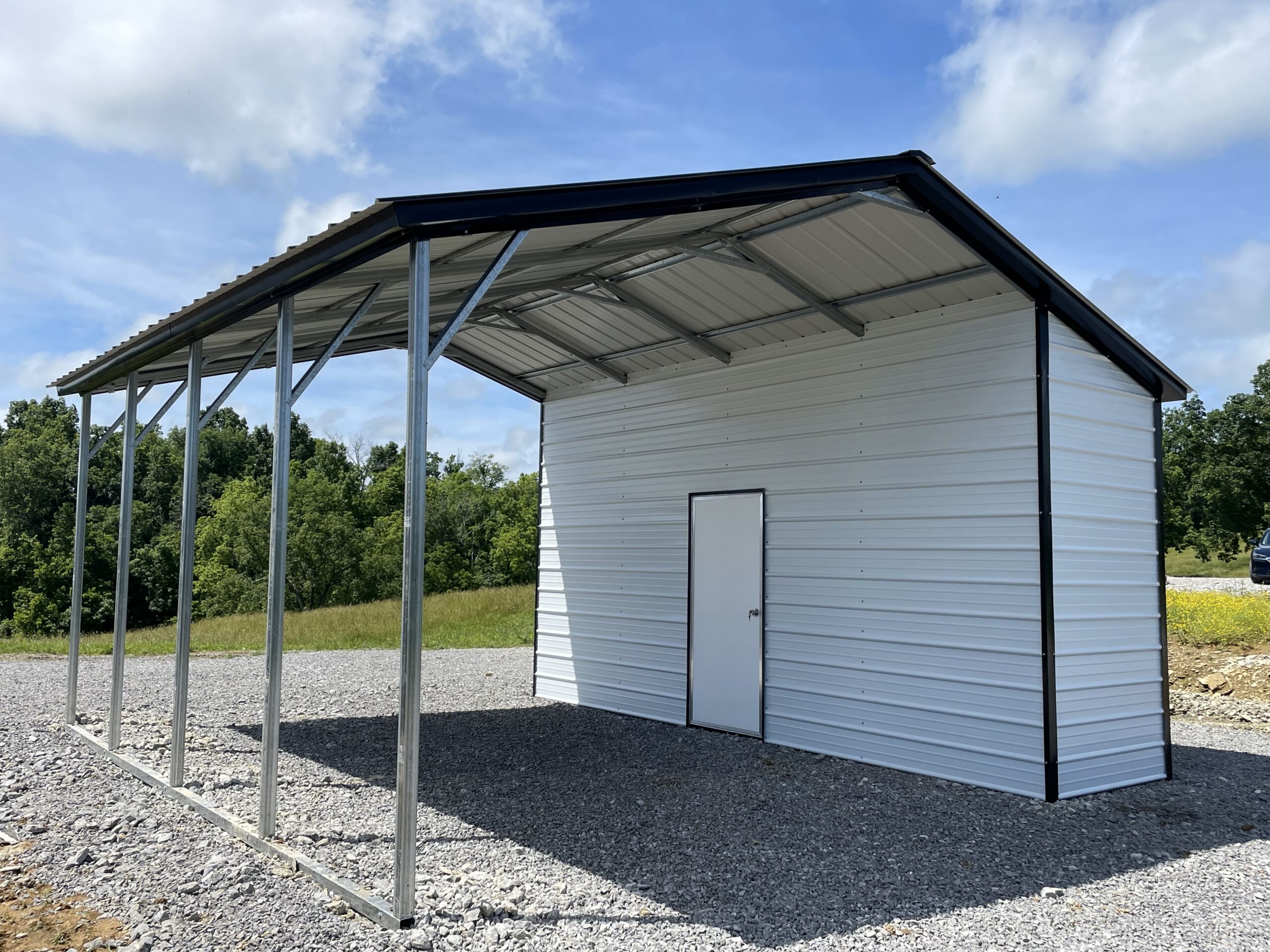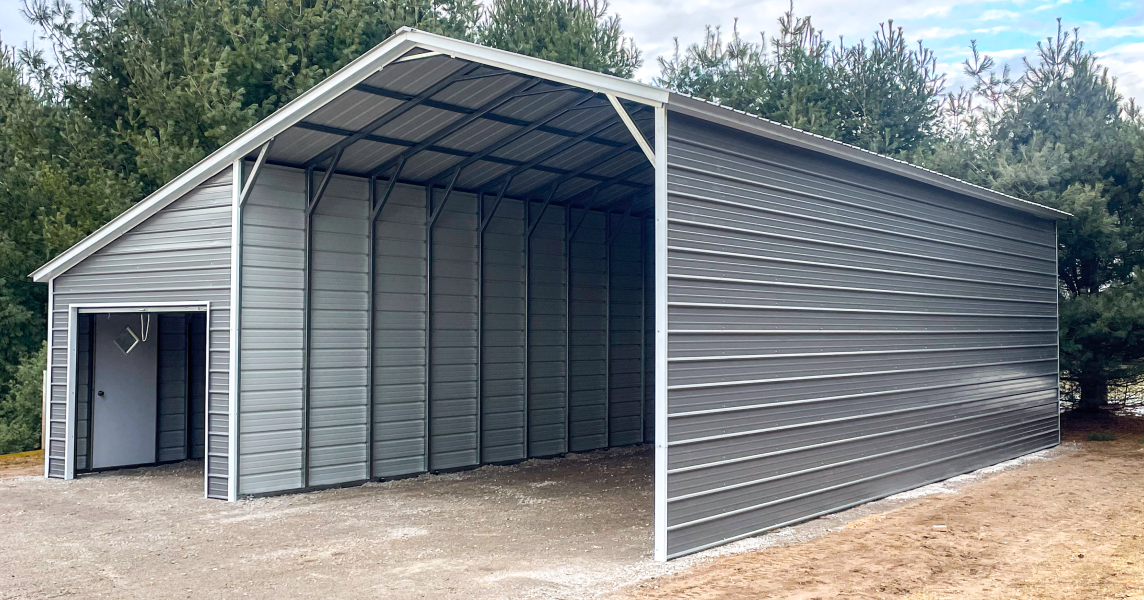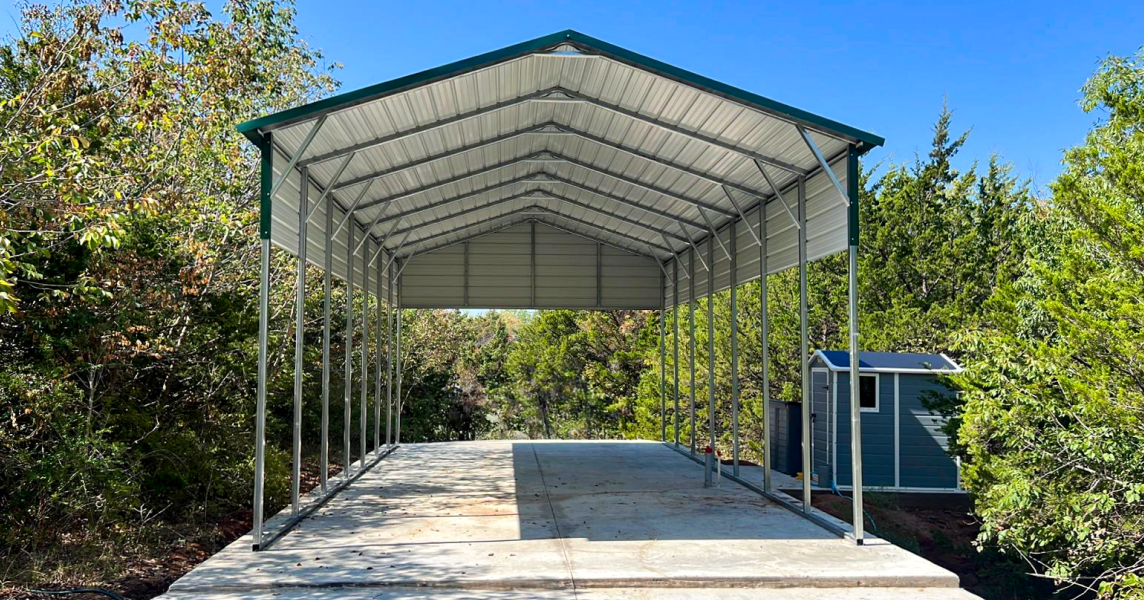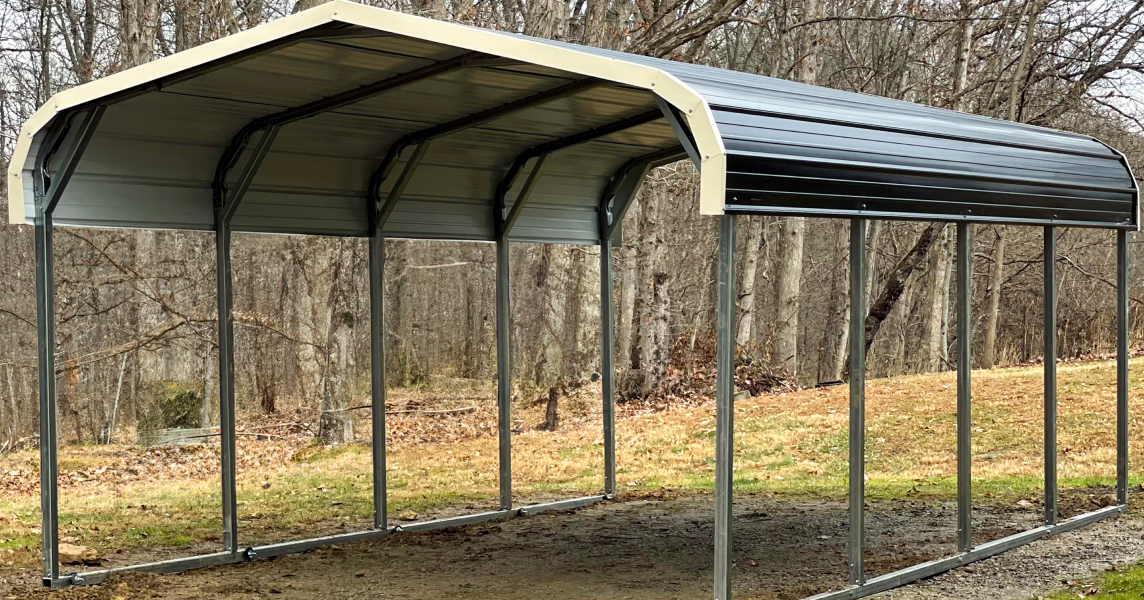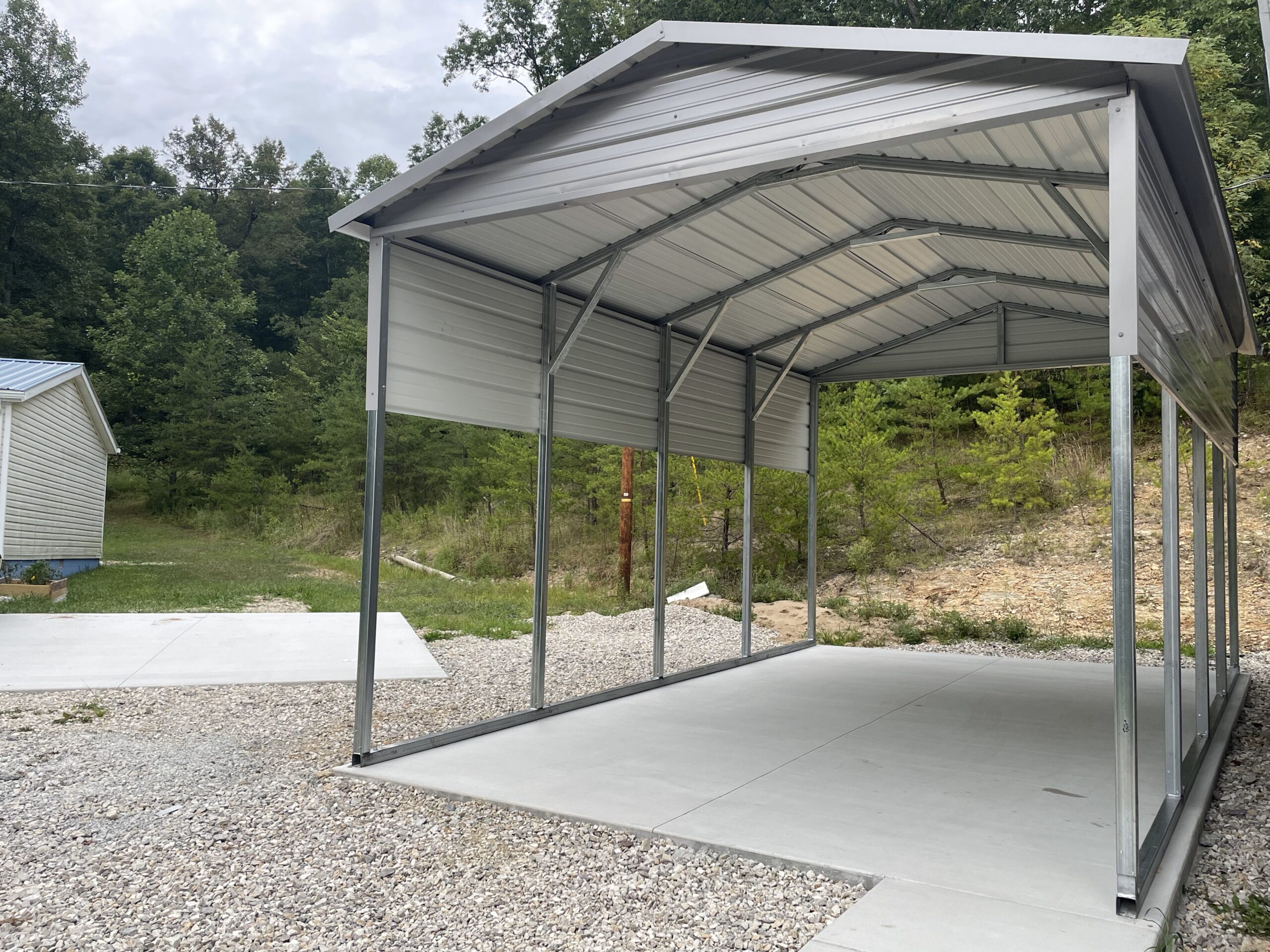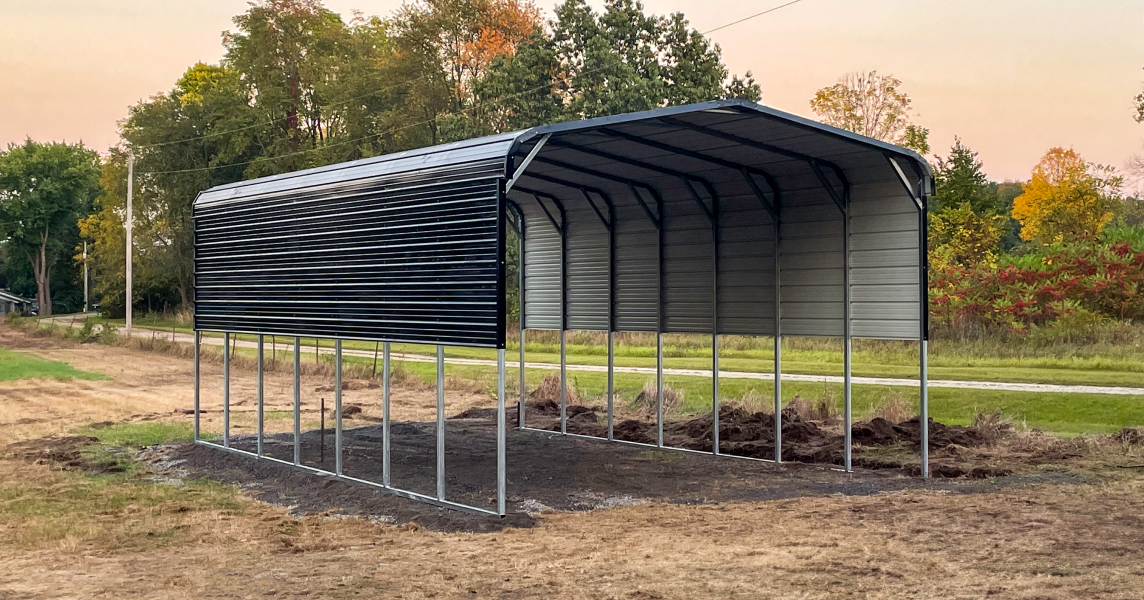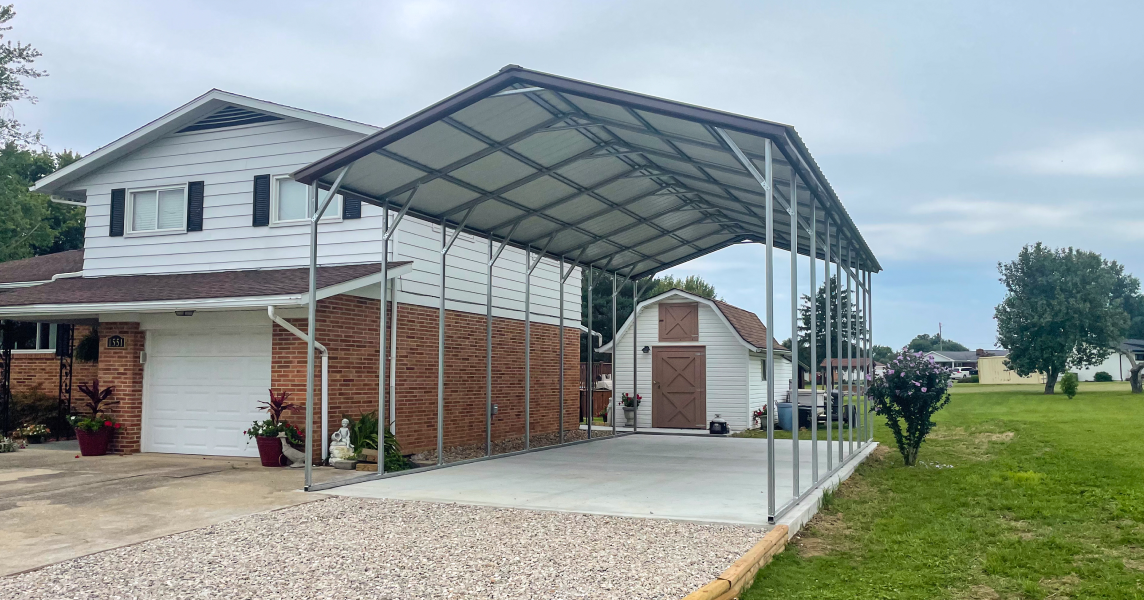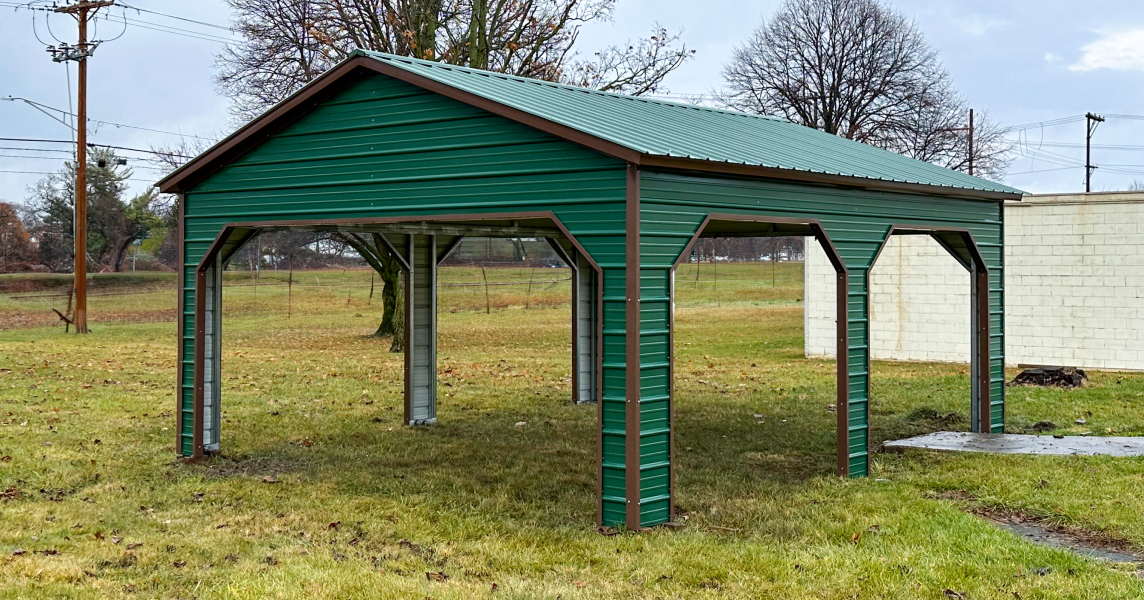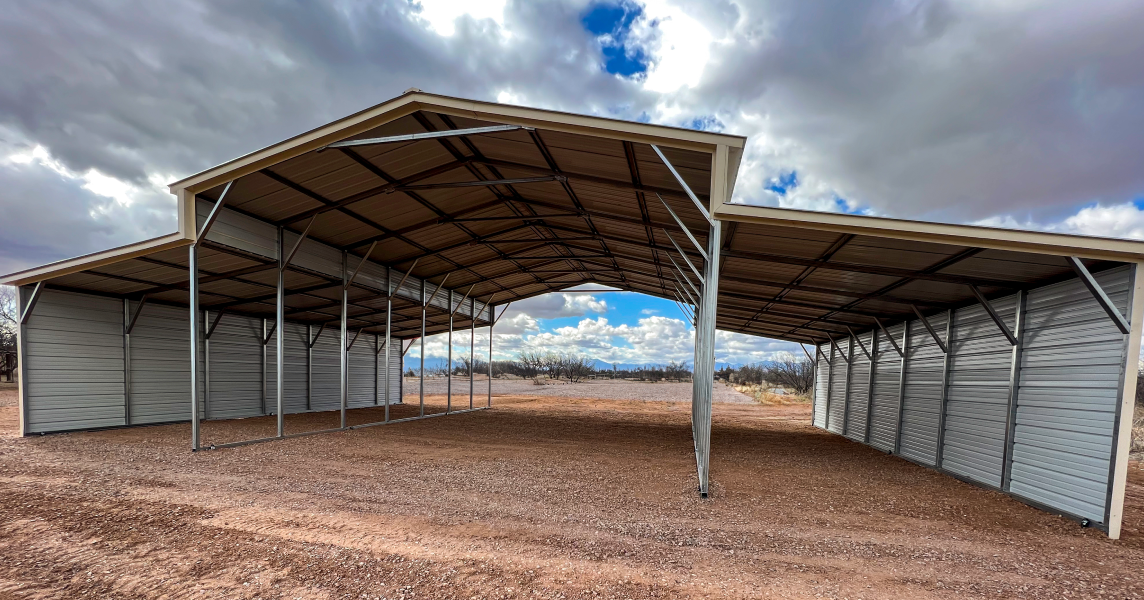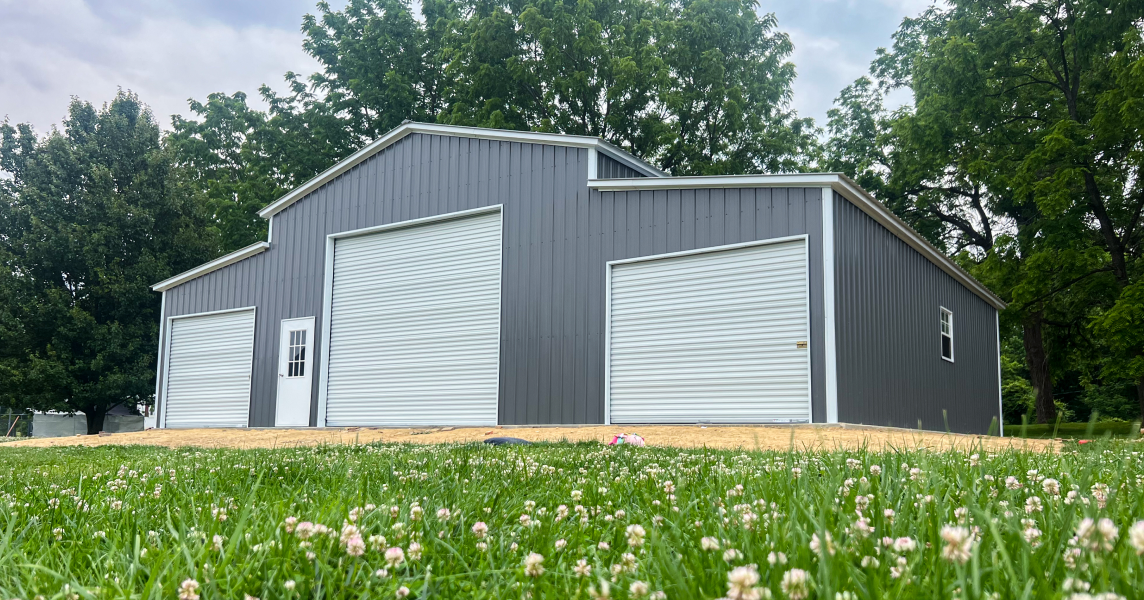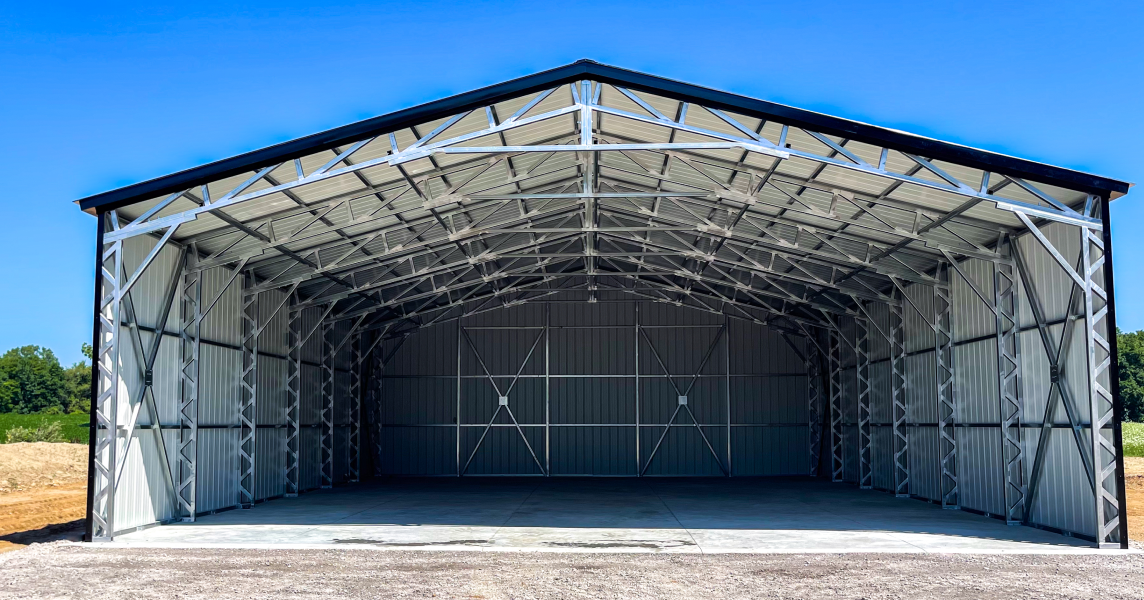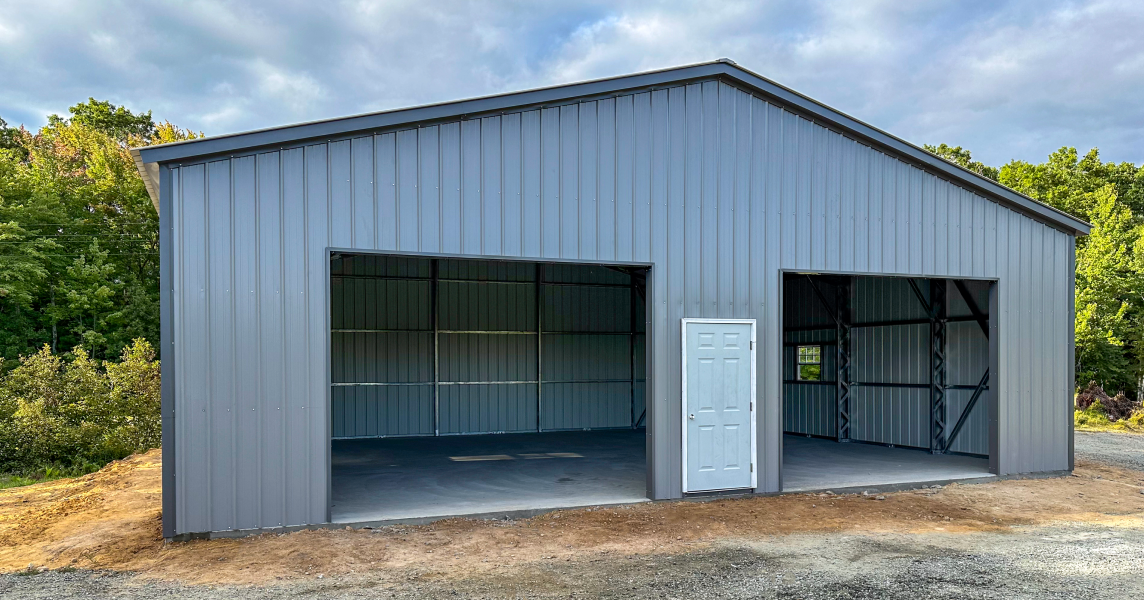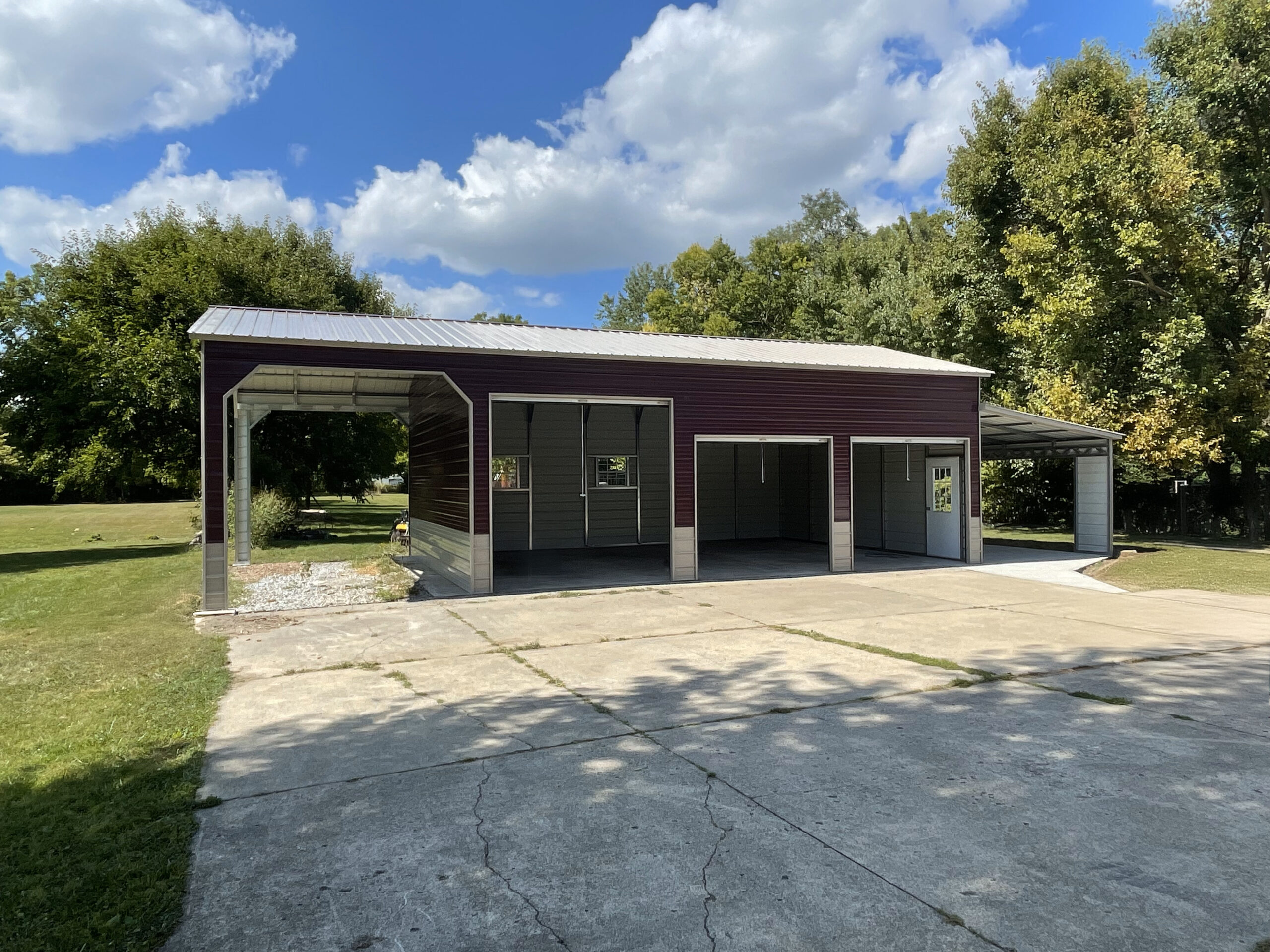It’s easy to understand the appeal of working and living in an RV. With the freedom of exploring the countryside always close at hand and the reduced expenses associated with this living arrangement, your life can be instantly transformed. With that said, making the switch to this type of lifestyle can be intimidating, and you’ll want to have a detailed plan in place before getting started. Read on to learn how to start working toward this kind of lifestyle!
And once you’ve found your home base for your RV, keep your RV covered with American Carports. Our free Build & Price tool is a fun way to create a design that is perfect for your RV!
Secure the Right Work
Before you think about working and living in an RV, first and foremost, you need to make sure you have the right kind of career. Specifically, you’ll need to have a position that can be performed remotely most – if not all – of the time. If you have to go into a physical office in a specific location day after day, you won’t be able to extract value from living in an RV.
Also, the space you have to work will be limited in an RV, so take that into account. Most people who live and work in a camper need nothing more than a laptop to perform their duties. If you need more equipment, it might not be possible to handle your job successfully while living on the road.
Acquire a Suitable RV
If you don’t already own an RV, the next step will be buying something that is going to serve your needs on the road. Factors to consider include the following –
- How many people? Will you be living the RV life on your own, or do you have a significant other to consider? What about kids, or pets? This is the biggest factor in the type and size of RV that you purchase.
- Account for extra room. An RV that you are going to live and work in will almost certainly need to be larger than an RV that you just travel in for occasional vacations. You’ll have more things to keep on board, and you’ll want a little extra space to spread out.
- Determine a reasonable budget at the start of the process and then do what you can to find an RV that stays within that limit while also meeting your needs.
You don’t necessarily need to purchase a brand-new RV to make this transition, as plenty of quality used RVs are available on the market. The budget you have available will go a long way toward determining whether a new or used model is a better fit.
Plan Smart Destinations
To be able to travel and work, you are going to require certain things like internet access and the ability to plug into a power source. That means, most of the time, that destinations deep in the woods won’t be as suitable as RV parks and campgrounds that are developed with some modern amenities. Pay specific attention to the quality of internet service at various places – even if a given campground has Wi-Fi, it might not be good enough for your work to be completed.
Start with a Trial
If you currently own a home, don’t dive too deep into this process before testing out the waters. Consider taking a month or so away from home to live and work in an RV to see how it goes. Is the lifestyle everything you thought it would be? Can you see yourself and your family doing this permanently? Everything comes with pros and cons, so it’s best to test it out and see how it goes before making too many decisions that you can’t easily reverse.
Stay Covered with American Carports
Is transitioning to working and living in an RV going to be right for you? Only time will tell! If you are interested in this possibility, learning as much as you can about the subject is a great place to start. We hope this article has been helpful.
Remember to explore our free Build & Price tool when you’re ready to create a home for your new RV!

